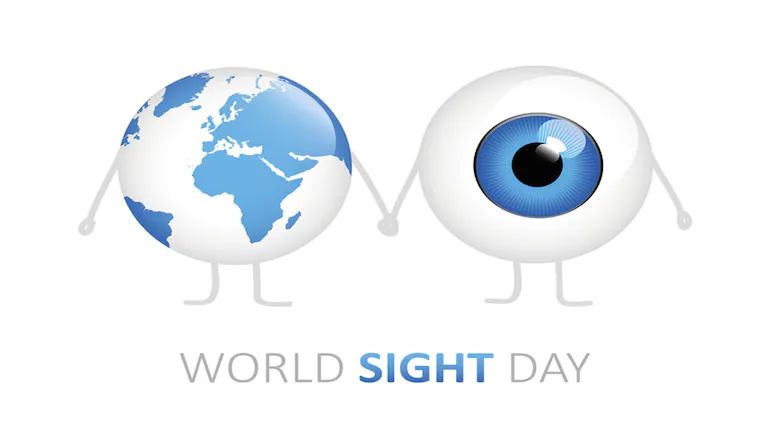By Asmau Ahmad
The Nigeria’s Federal Government on Thursday said that the country had a 0.78 per cent prevalence for blindness.
The Minister of Health, Osagie Ehanire disclosed this during a press briefing to commemorate the World Sight Day (WSD).
The theme of this year’s celebration is “Love your Eyes” and the slogan is “Save Your Sight.” The World Sight day focuses on the importance of eyes and the related ailments which many times people tend to ignore.
The WSD is an annual day of awareness held on the second Thursday of October, to focus global attention on vision impairment, including blindness.
The programme will run for a week with various activities lined up which includes, advocacy visit to various agencies and organisations, school eyesight programme which will make it compulsory for each child to go through vision testing and other activities.
Ehanire, who was represented by the Permanent Secretary of the ministry, Mr Mamman Mahmuda also said that 84 per cent of the blinding diseases in the country were avoidable.
He, however, added that lack of awareness and inaccessibility to health care services were possible reasons why the blinding diseases could not be avoided.
He said, “In a country such as ours with a prevalence of 0.78 per cent for blindness and 84 per cent of these blinding diseases are avoidable with possible causes like cataract, glaucoma, refractive errors, uncorrected apahkia, harmful traditional eye practices, corneal opacities and NTDs like trachoma.
“Lack of awareness and inaccessibility of eye care services are possible reasons why many Nigerians still remain visually impaired as they still seek unorthodox eye care which leads to disastrous treatment outcomes.
He, however, stated that the integration of Primary Eye Care into Primary Health Care would change the pattern of eye care services in Nigeria.
He said, “We believe that the integration of PEC into PHC will potentially change the pattern of eye care services in Nigeria to a level where the nationwide blindness prevention efforts would start from the grassroots instead of from the urban hospitals as is the case today.
“We have gone further to train 12 master trainers (2 from each geopolitical zones) who would further train the resource persons for the states within their geopolitical zones.
“Currently, in the next few days, we are in the process of training primary health care workers in Kogi state and we wish to thank Sight Savers international for their efforts in this regard.
“Furthermore, we have developed the data collection and reporting tools for PHCs.
“This we believe is necessary step further in the integration process which is aimed at strengthening the capacity of the non-ophthalmic Primary Health Care Workers (PHCWs) in Primary Healthcare Centres (PHCs) which are major access points for many Nigerians in the rural areas,” he added.


